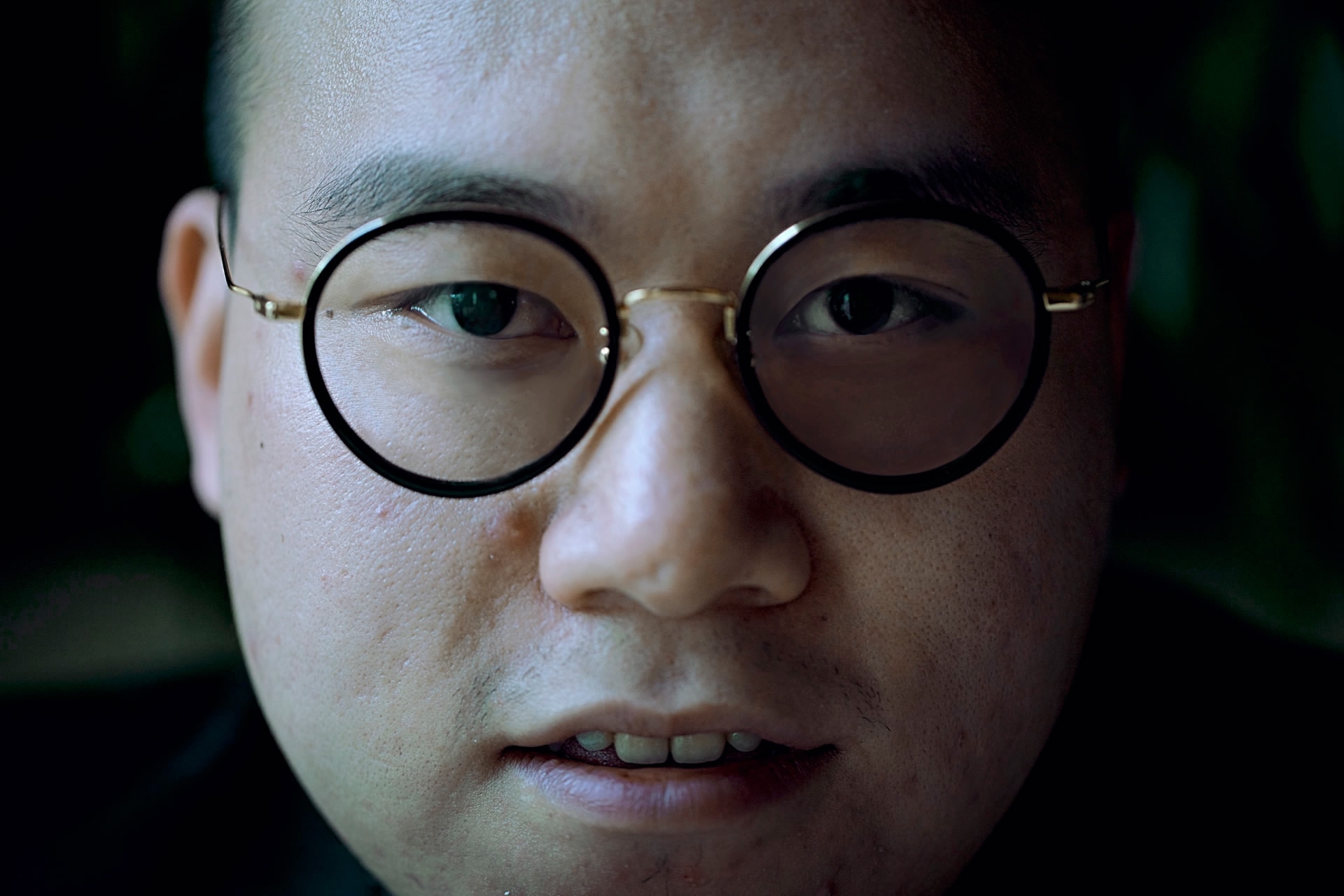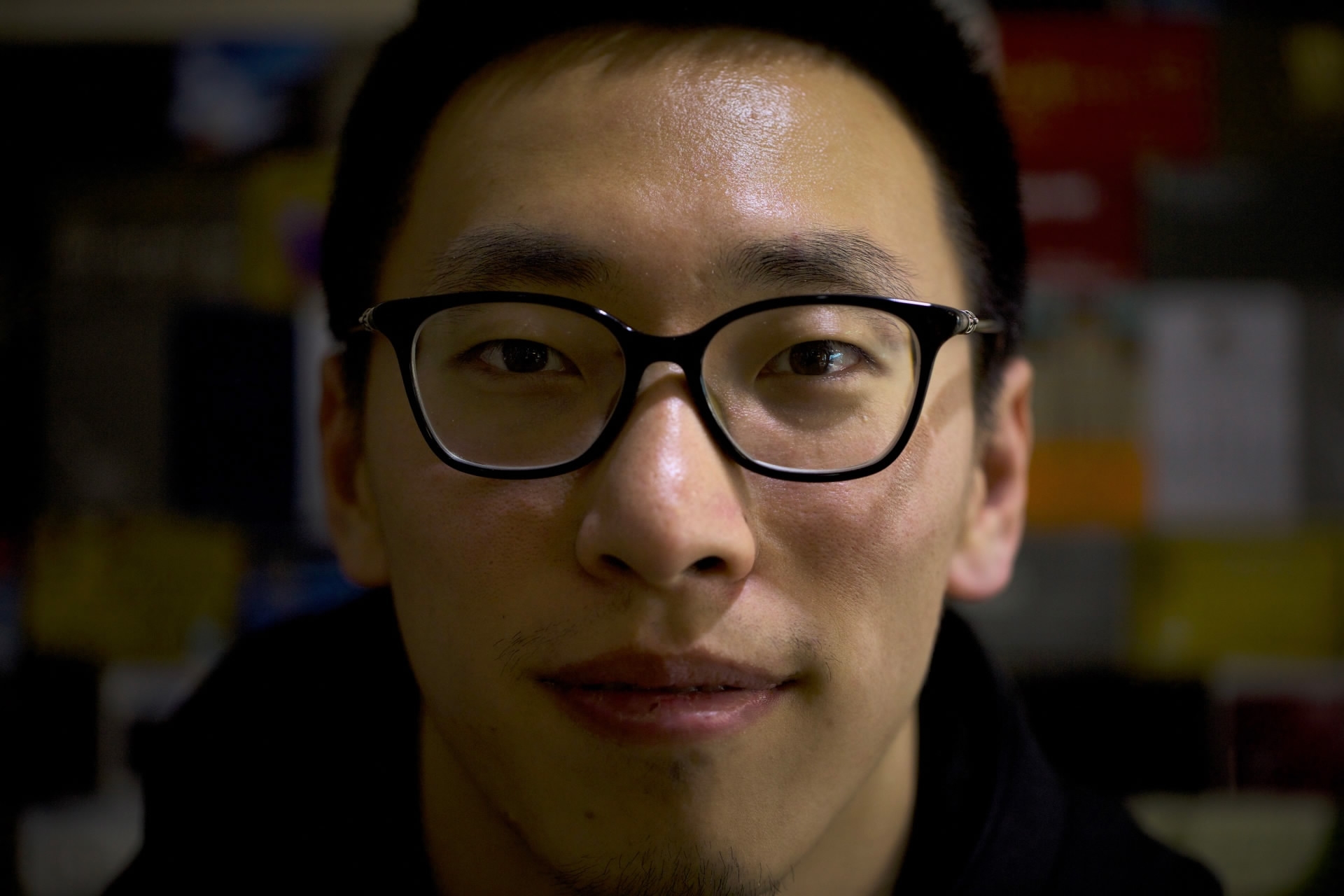
China
12:18, 04-May-2017
China’s young entrepreneurs: growing up through pain

An entrepreneurial fever is sweeping across China. People, especially young college graduates, are being encouraged to create and innovate by starting their own businesses.
Local governments, eager to tap into these creative minds for new growth engines, have promised to help by rolling out favorable policies. Meanwhile, media have shed a bright light on this trend, likening it to a “wave” that would steer the world’s second largest economy towards prosperity, at a time headwinds hamper progress.
Headlines about success stories ignite youngsters’ ambitions, but dampen the prospects of those who have tried … and failed.
CGTN spoke to three young entrepreneurs in the build-up to China’s Youth Day on May 4, about their unfortunate business endeavors in an effort to understand the dark, and often untold, side of the entrepreneurial glory.
For them, to succeed, fall and stand up again is not just about dreams, pride or money; it’s also about growing up through pain.
SLEEPING TO ESCAPE THE WORLD

Feng Chi/ Photo courtesy of Feng Chi
Feng Chi/ Photo courtesy of Feng Chi
Feng Chi, 26, used to be a role model among young Beijing entrepreneurs. He quit university in junior year to pursue his dream in musical education.
A capital of 300,000 yuan (around 43,500 US dollars) funded his Rock & Roll workshop for school children. The business expanded the following year; but a year later, his start-up went downhill.
“A shortage of qualified trainers” is the culprit, Feng said, and blamed his “inexperience and over-optimism” for the difficulties he faced down the road.
The derailment of Feng’s first entrepreneurial attempt guided him to a dark state of mind. His concern over the survival of his workshop soon developed into a deeper fear for the future.
“I began to lose sleep and feared to open my eyes to see the world when I’m up”, recalled Feng.

Zhu Huaiyang. / CGTN Photo
Zhu Huaiyang. / CGTN Photo
The collapse of one’s business not only brings down dreams once thought to be within reach, but also destroys the confidence which had initially gave these entrepreneurs the power to dream.
The blow the failure deals to one’s psyche is “harder” than any financial loss, said Zhu Huaiyang, a 26-year-old who used to run a hedge fund in Shanghai before the business crumbled as a result of a “strategic error” that landed Zhu in huge debt.
“You used to believe that the sky was the limit until reality knocked you down,” Zhu told CGTN.
“And that’s the hardest part of failure.”
Zhu said he was too bankrupt to even pay his rent. He was only allowed to stay in his apartment at Lujiazui, Shanghai’s financial hub, because the landlord failed to find new tenants as it was Chinese Spring Festival.
The financial hardship remains a sensitive topic for Zhu, who admits being haunted by his sizeable debt.
“It felt like trying to fill a pit, created by a nuclear bomb, with… a shovel.”

Li Hang. / CGTN Photo
Li Hang. / CGTN Photo
Interest, while capable of binding people together, can also tear them up. The young adventurers had learned this the hard way.
Li Hang, who is now running a travel agency in Beijing, said his previous attempts to build the business with several friends had cost him both his money and their friendship, after his partners “kicked him out”.
“That’s betrayal and it hurt me the most,” Li said.
WAKING UP

For Feng, the phase following self-doubt was self-questioning.
“I kept asking myself what I wanted to be,” Feng said. “I had to find the answer, otherwise there would be no moving on for me”.
The Rock & Roll fan buried his head in books looking for an answer, and undergoing self-help therapy that involved “cornering yourself with tough inquiries until you break down.”
The enlightenment Feng had long sought for eventually materialized.
“I stayed in my room, brought out a sheet of paper and began jotting down the things I wanted to become during my life,” Feng said. “Eventually I felt I’d touched the softest spot in my heart with one answer after another.”

Zhu Huaiyang. /CGTN Photo
Zhu Huaiyang. /CGTN Photo
Zhu did not recover from the shock until eight depressing months, marked with repeated “breakdown at the smallest upset,” had passed.
Reading was another therapeutic tool. A Zen book written by Kazuo Inamori, a Japanese entrepreneur, left a deep effect on him.
“You have to force yourself to make changes for the better,” Zhu summarized his reflection about hard times.
Reading did not reduce debt, but it sure brought down the fear of the future, Feng and Zhu agreed. Having shaken off fear, both were able to leave their houses in the morning, return to the work field more humbled and start meeting people for new business sparks.
Zhu said he had shared his experience with some senior business owners, who told him in return that it is a blessing that he suffered what he went through in his 20s, and that he “would be really devastated had he undergone this hardship in his 40s.”
“I didn’t feel quite comfortable hearing that,” Zhu said, noting that he “forced himself to smile throughout.”
Zhu later ventured into the world of Bitcoin, piling up a fortune along the way with a new firm.
Meanwhile, Feng said he had realized that his salvation lied in helping others. He shook out plans to start a new firm and joined a company that helps start-ups rise up to their challenges, benefitting others from his firsthand experience.
GAINS AFTER PAINS

Life is bound to be tough for those who think big, Zhu summed up what he had learned from his rough times. “Dreams come true at a cost.”
Looking back at their pains, the three young entrepreneurs agreed that making mistakes were the curse and prerogative of youth.
Being young enables one to turn yesterday’s mistakes into tomorrow’s assets, Li told CGTN.
Like most of young dreamers in China, these entrepreneurs suffered as they attempted to perfect the world, while building a better life. Their failures, they said, instead of dampening their enthusiasm, prepared them better for the challenges ahead.
“One day, I will stand on a global platform to demonstrate to the world what my generation is all about,” Zhu envisaged.
“All the failures we have been through will only be the foundation of our legends.”

SITEMAP
Copyright © 2018 CGTN. Beijing ICP prepared NO.16065310-3
Copyright © 2018 CGTN. Beijing ICP prepared NO.16065310-3